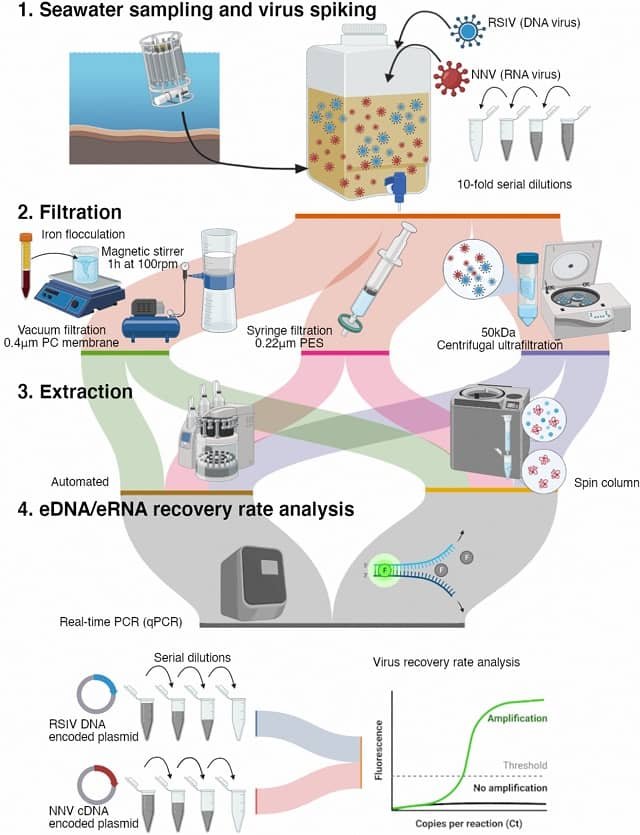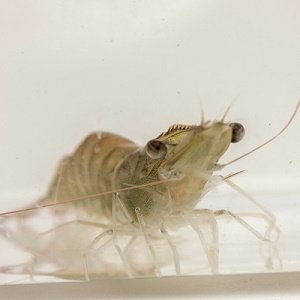Stavanger, Norway.- The project combines eDNA-based assays, which are related to specific species, and the Environmental Sampling processor (ESP), to provide a new generation instrument for detection of diseases and parasites which are causing substantial challenges for the aquaculture industry.
The aquaculture industry is facing several environmental challenges, including disease, salmon lice invasions and escape of farmed fish. Meeting these challenges require novel approaches and innovative tools. In ISMOTOOL, these challenges will be addressed by combining state-of-the art environmental genomic techniques, genosensors, and the ESP (Environmental Sampling Processor) for real-time monitoring.
The ESP is a molecular-based autonomous monitoring device designed to collect water samples and identify/quantify specific DNA in the samples. In ISMOTool, this approach will be applied to operational monitoring and fish welfare in aquaculture.
Specific DNA-based assays and protocols will be developed in the laboratory, adapting the ESP to recognize (1) fish pathogens (amoebic gill disease AGD) and parasites (salmon lice) in the water column, and – (2) escaped farmed fish (eDNA of Atlantic salmon and rainbow trout), issues which are all challenging for the aquaculture industry. Experimental work will then move to the field, to test the operation of the device on site.
ISMOTool stands for “In-situ molecular-based monitoring: a tool for tackling the operational and environmental challenges of aquaculture. The project is anchored in ESP technology and is exploring eDNA development for monitoring and sustainable aquaculture management”.
The project is is building on experience gained in previous Petromaks projects, funded by the Research Council of Norway and lead by IRIS:
“MOAB” Molecular-based technical adaptation using oil-degrading bacteria for autonomous leakage detection ( 2012-2016);
“GENOMAPE – Implementing gene-based assays on a robotized genosensor for environmental surveillance in offshore marine operations”. (2016-2018) .
The experience from these projects will be invaluable and provide a nice way to restructure and transfer competence from one industry to the other.
IRIS is leading the project. NVI (Norwegian veterinary institute) and DTU-Aqua (Denmark) are partners
Project leader in IRIS:
Dr Thierry Baussant
Email:tb@iris.no
Stay Always Informed
Join our communities to instantly receive the most important news, reports, and analysis from the aquaculture industry.
Editor at the digital magazine AquaHoy. He holds a degree in Aquaculture Biology from the National University of Santa (UNS) and a Master’s degree in Science and Innovation Management from the Polytechnic University of Valencia, with postgraduate diplomas in Business Innovation and Innovation Management. He possesses extensive experience in the aquaculture and fisheries sector, having led the Fisheries Innovation Unit of the National Program for Innovation in Fisheries and Aquaculture (PNIPA). He has served as a senior consultant in technology watch, an innovation project formulator and advisor, and a lecturer at UNS. He is a member of the Peruvian College of Biologists and was recognized by the World Aquaculture Society (WAS) in 2016 for his contribution to aquaculture.







